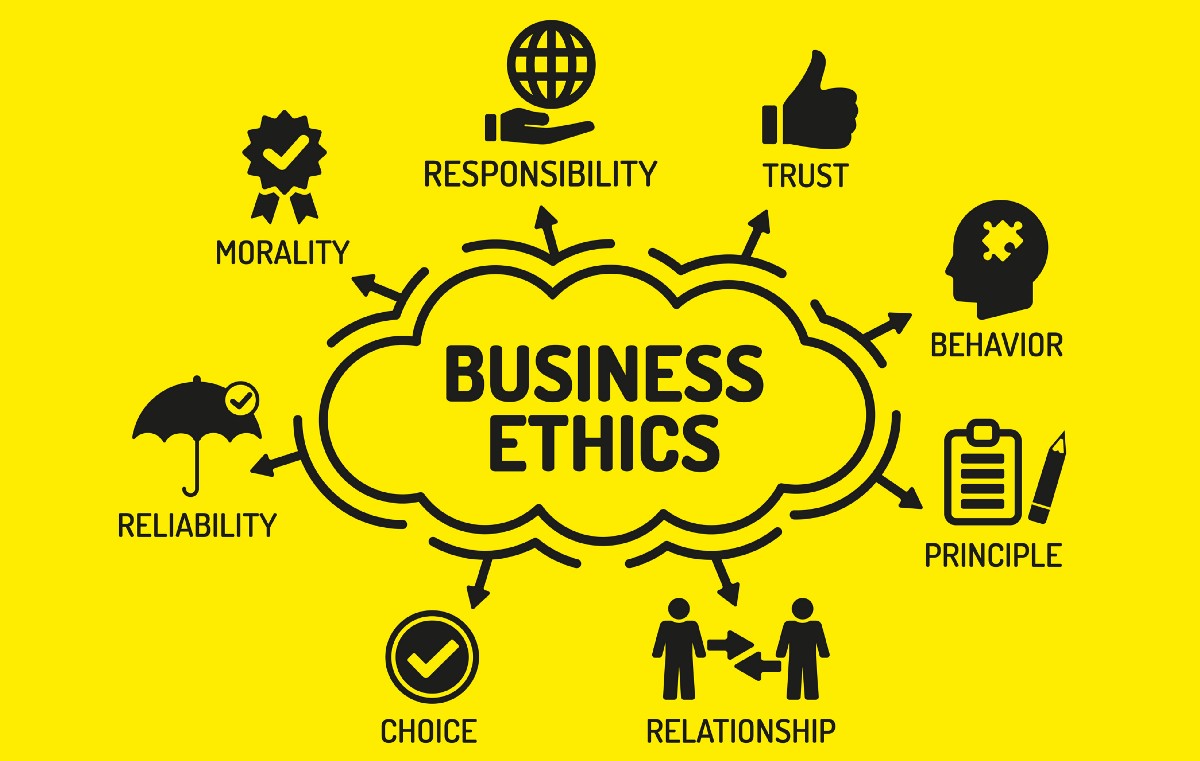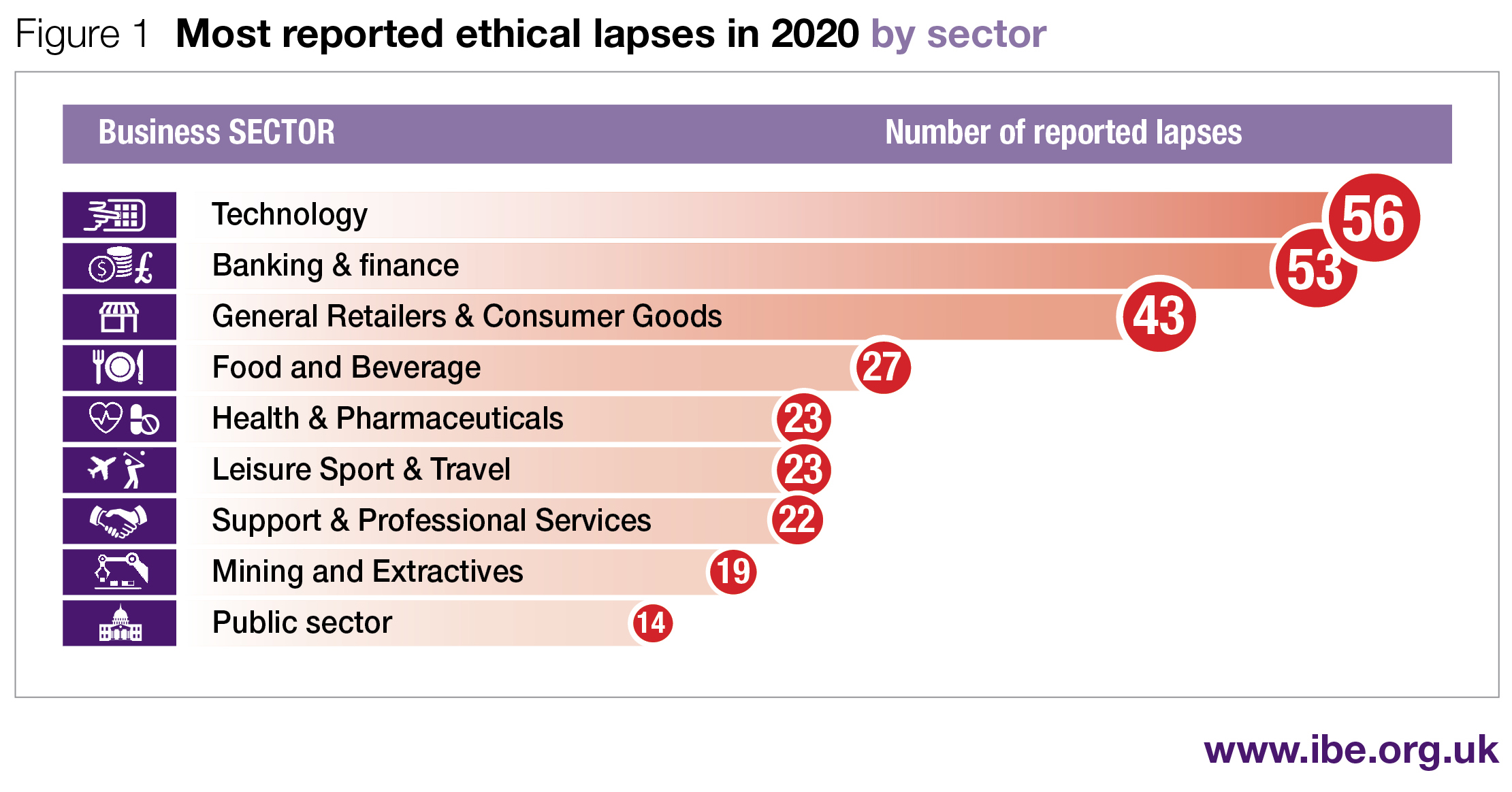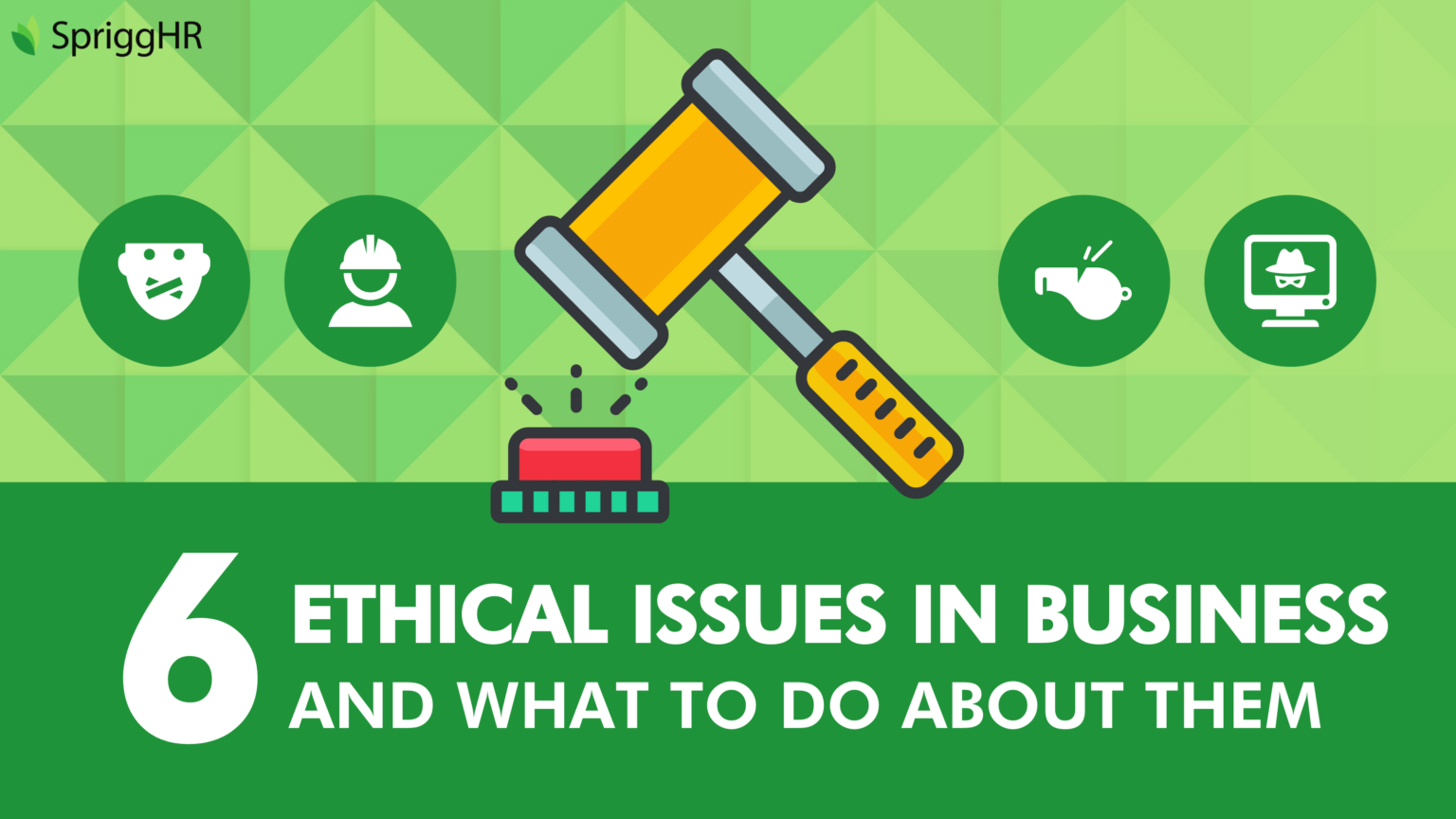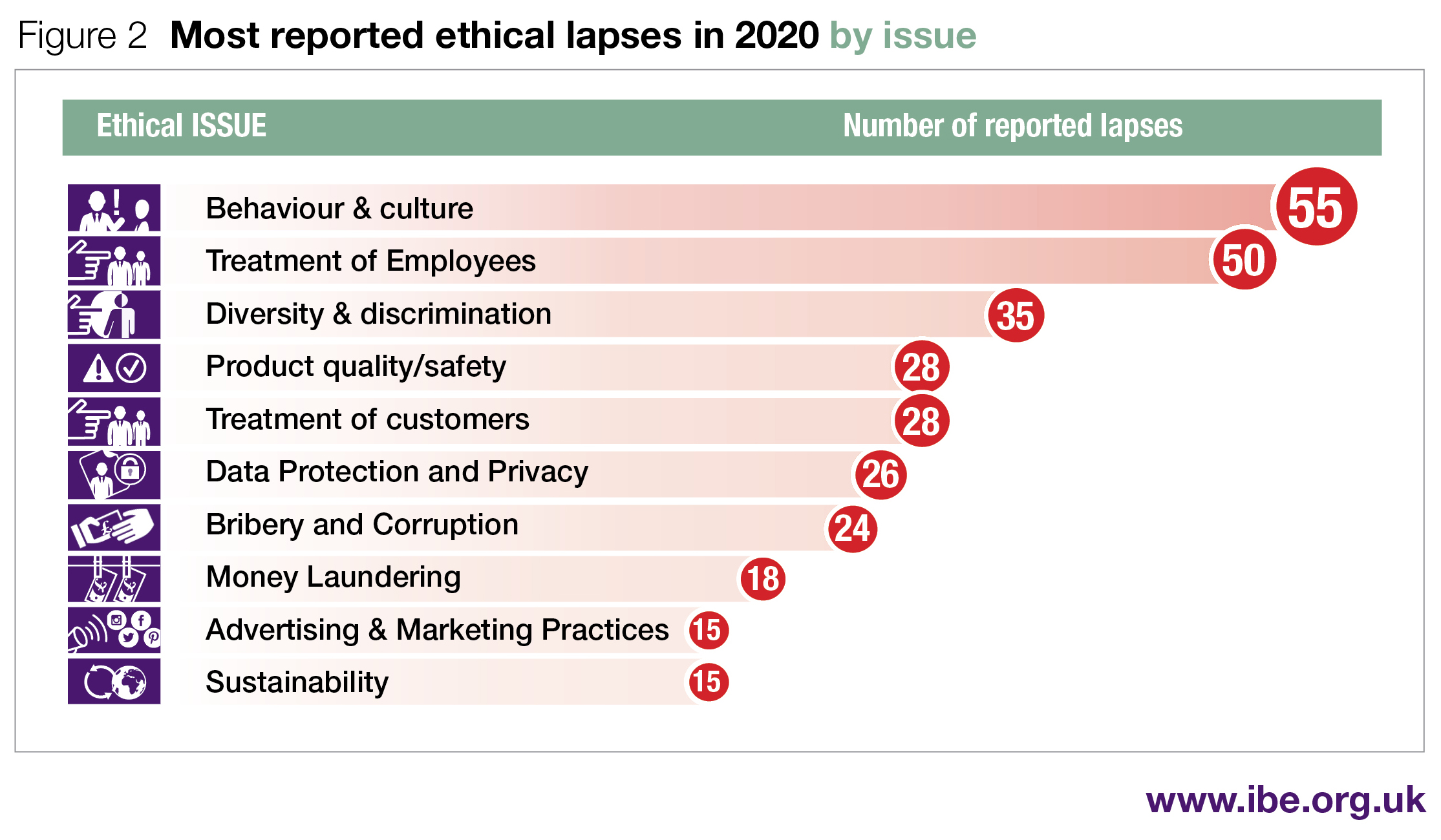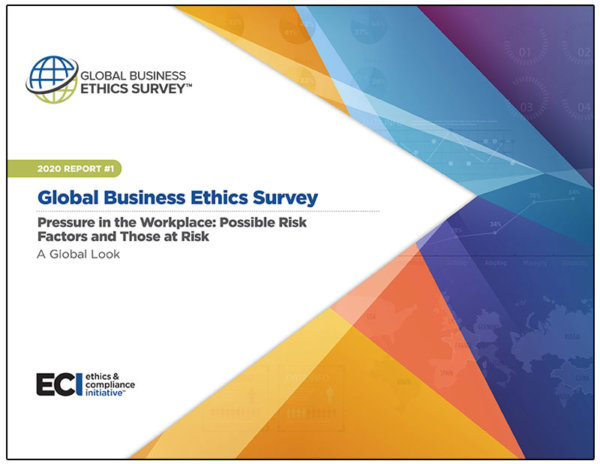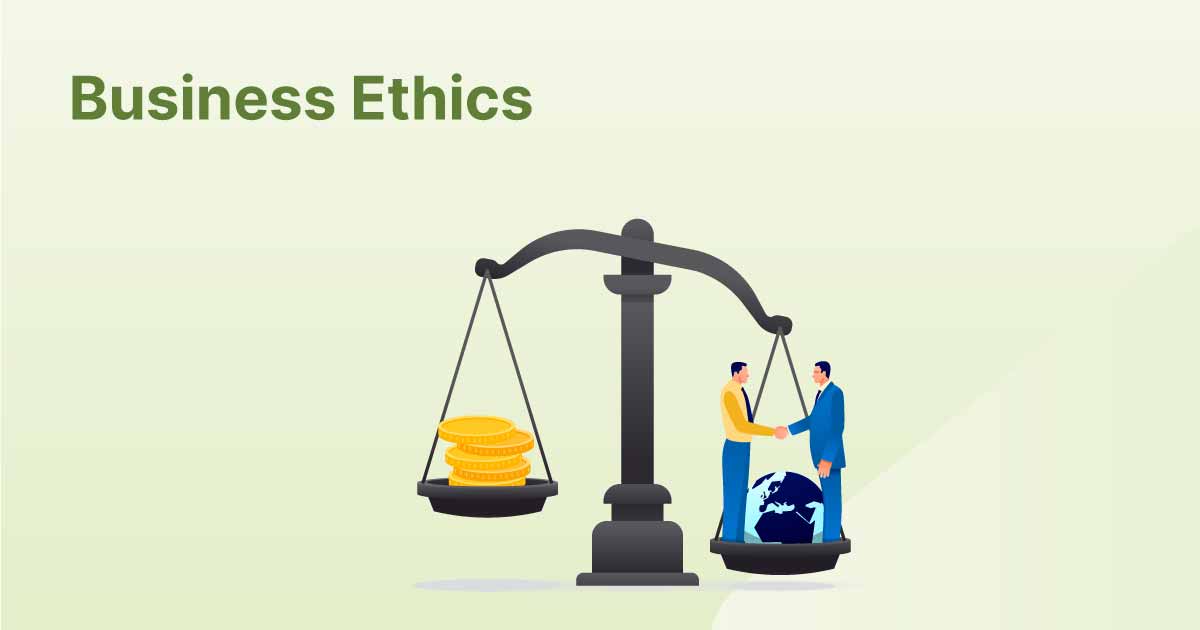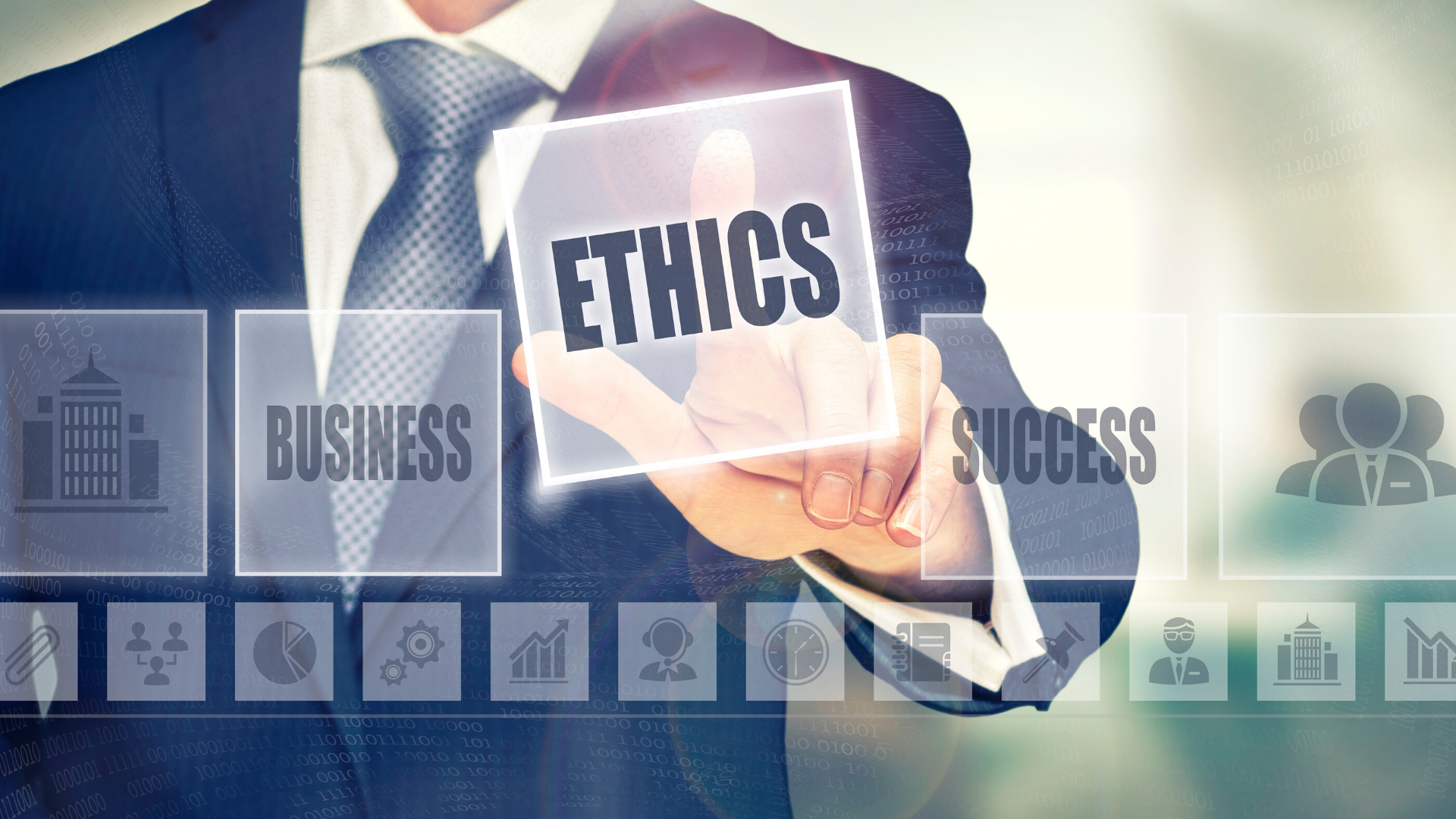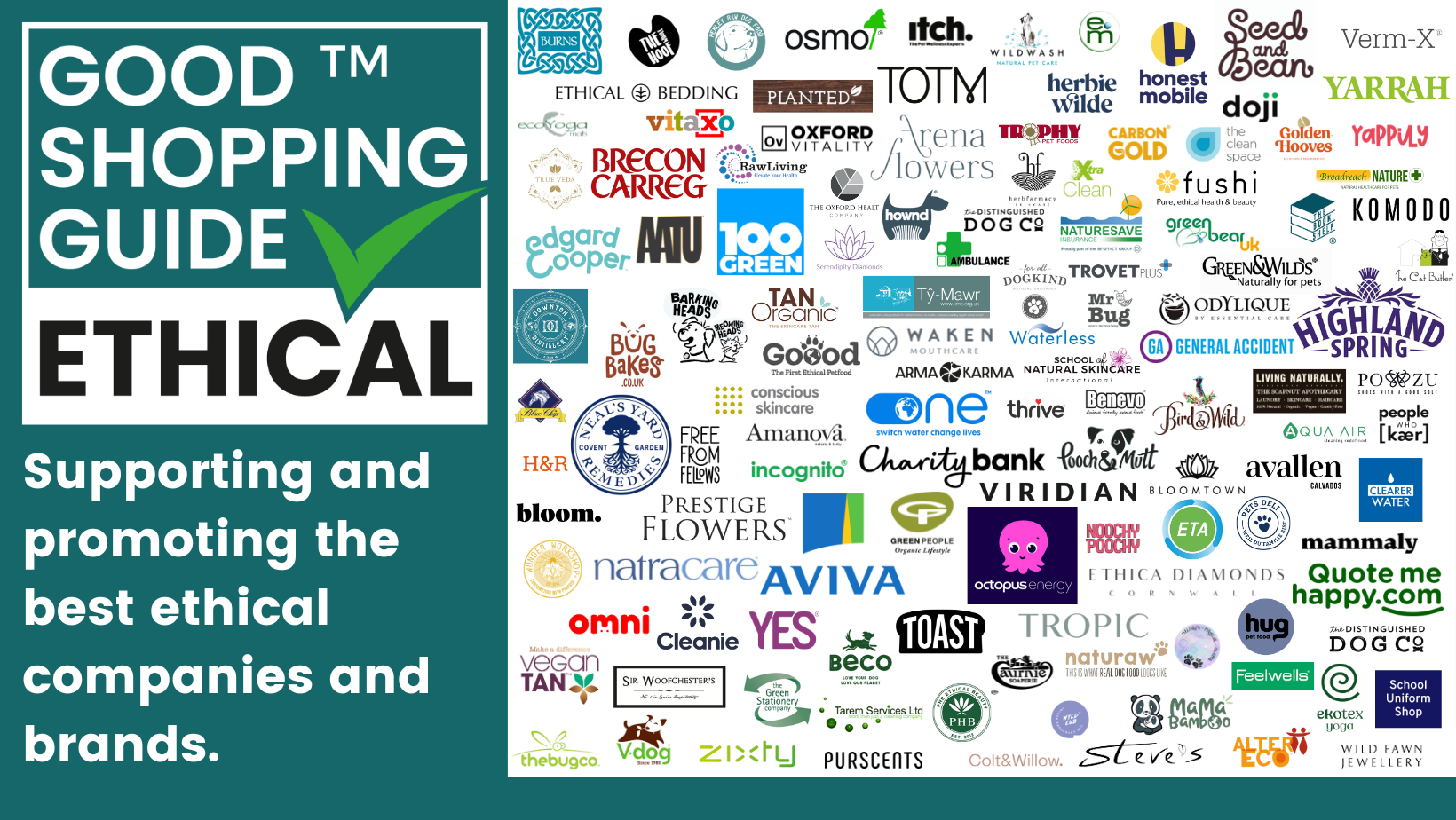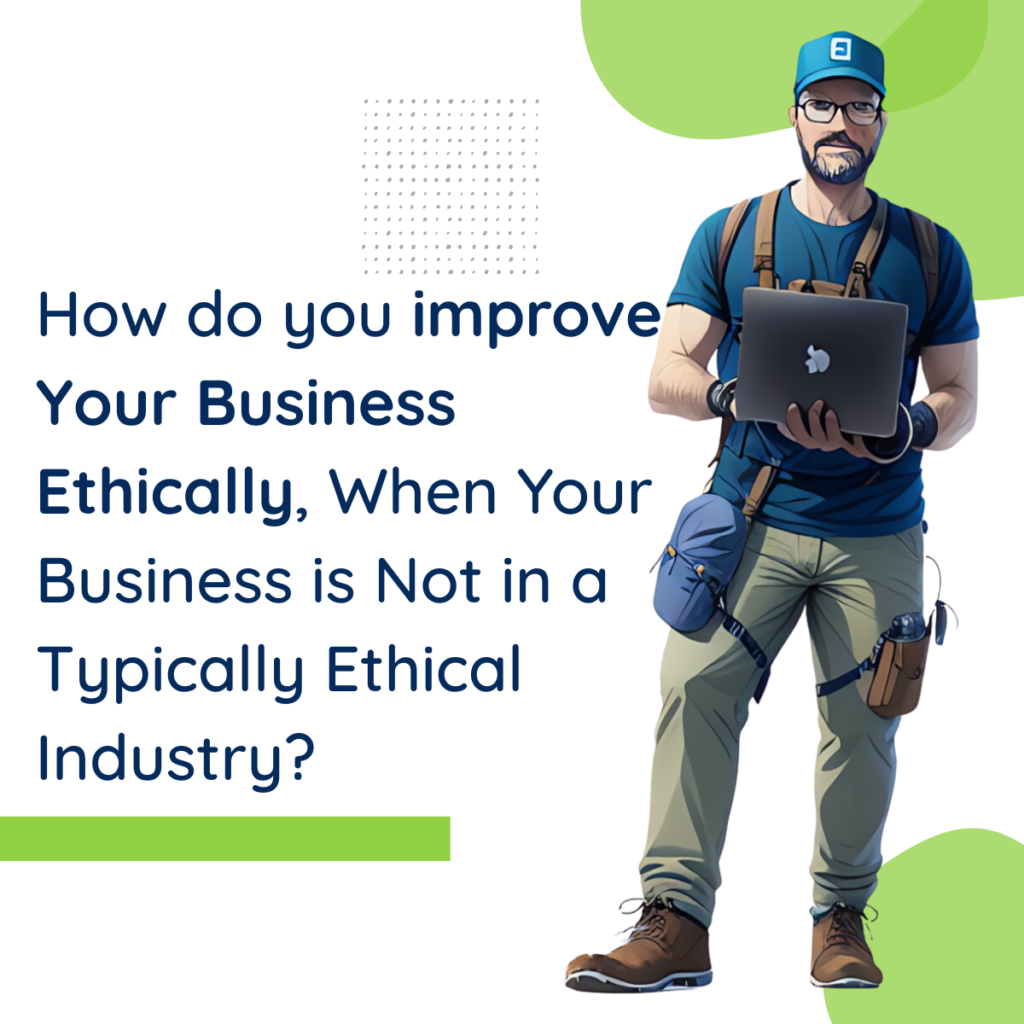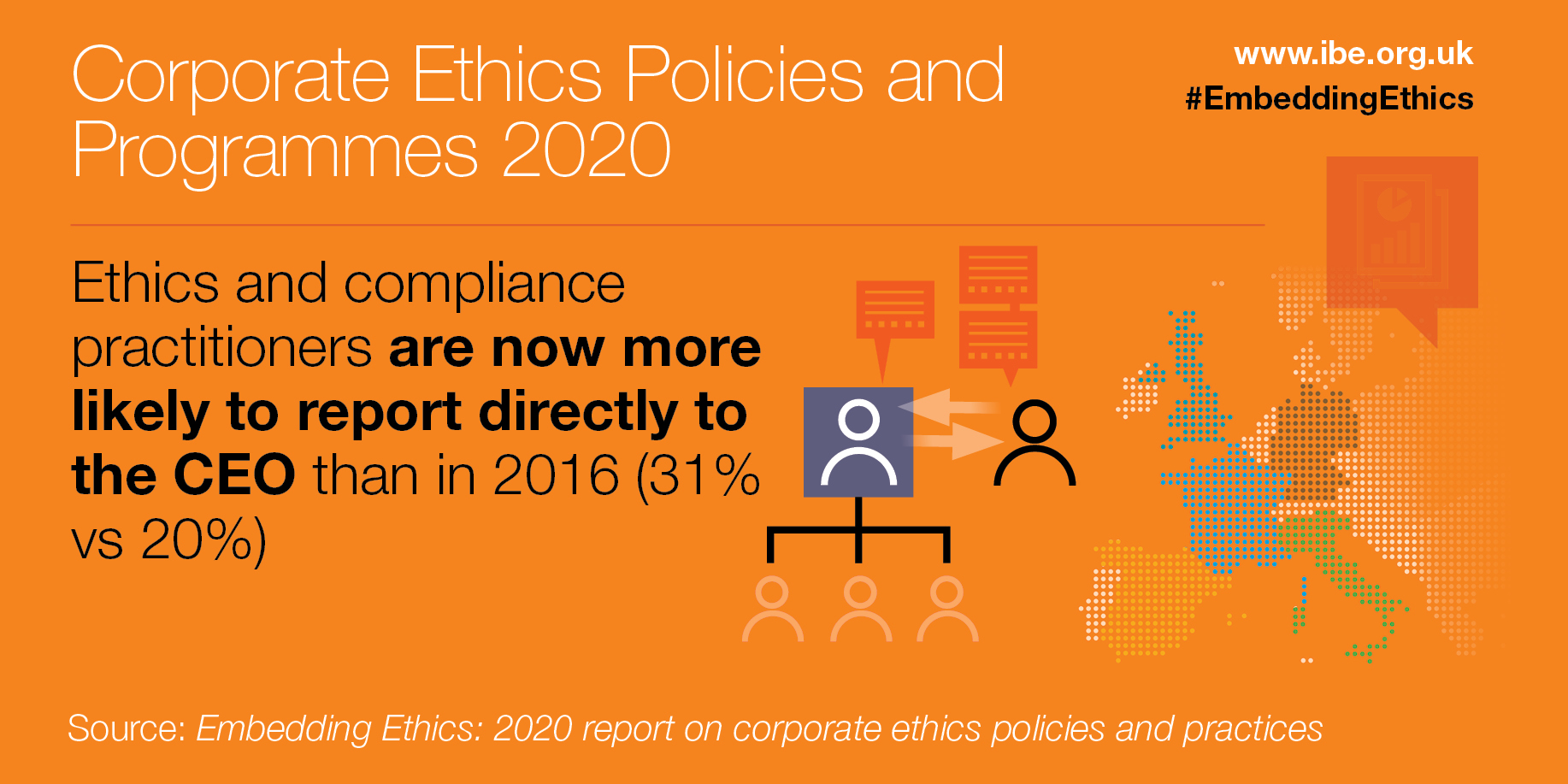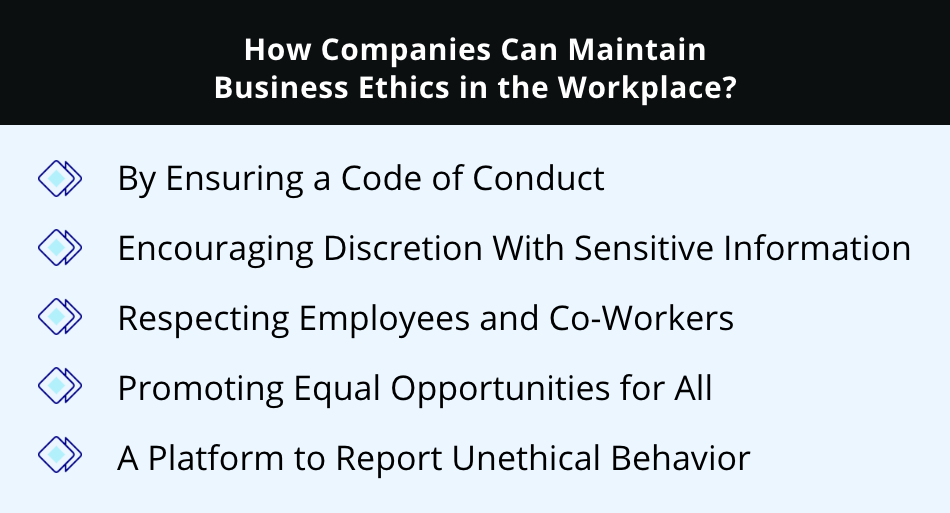Businesses Facing Ethical Issues 2020
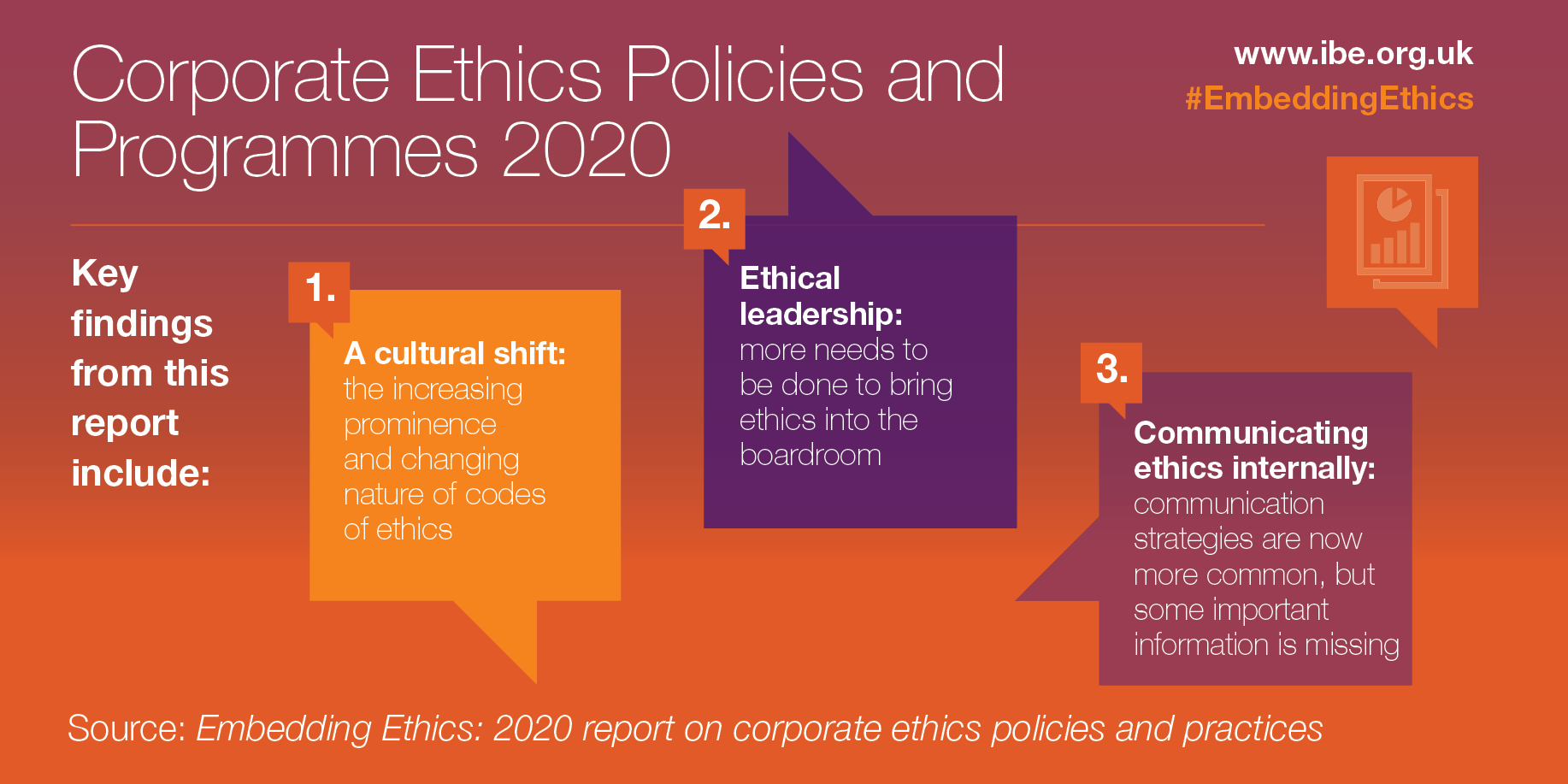
The year 2020 will forever be etched in memory, not just for the global pandemic, but also for the unprecedented ethical challenges it thrust upon the business world. From supply chain disruptions to workforce safety dilemmas and price gouging accusations, companies across all sectors were forced to navigate a complex moral landscape with limited guidance and immense public scrutiny.
This article delves into the multifaceted ethical crises faced by businesses in 2020. It examines the pressures they faced, the choices they made, and the long-term consequences of those decisions on stakeholders and corporate reputation. It further provides a balanced perspective, drawing from reputable sources to analyze the spectrum of ethical breaches and responsible actions that defined the year.
Supply Chain Ethical Lapses
The pandemic exposed vulnerabilities in global supply chains, leading to increased instances of unethical behavior. With demand soaring for essential goods like PPE, some manufacturers reportedly exploited labor by paying low wages. They also imposed unsafe working conditions, according to a report by the International Labour Organization (ILO).
This exploitation was further exacerbated by the urgency to meet deadlines. It created a breeding ground for shortcuts and compromised ethical sourcing practices. Companies found themselves wrestling with the dilemma of maintaining operations versus upholding ethical standards in their supply chains.
Workforce Safety and Ethical Obligations
Protecting employees from COVID-19 became a paramount ethical concern. Businesses faced difficult decisions about whether to remain open, implement safety measures, or temporarily shut down.
Decisions around layoffs and wage cuts also posed ethical questions. Many companies had to make tough choices to stay afloat, but some were accused of prioritizing profit over employee well-being. This led to public outcry and boycotts against certain businesses deemed to have acted unethically.
Price Gouging and Profiteering Accusations
The sudden surge in demand for essential goods created an opportunity for unscrupulous businesses to engage in price gouging. Reports of inflated prices for hand sanitizers, masks, and other necessities were rampant, leading to widespread anger and legal action.
Several state attorneys general launched investigations into companies suspected of price gouging. "Exploiting a public health crisis for personal gain is not only unethical but also illegal," stated a press release from the California Attorney General's office.
Conflicting Perspectives and Ethical Gray Areas
Navigating ethical dilemmas in 2020 was rarely straightforward. Businesses often found themselves caught between conflicting stakeholder interests. Companies had to balance the needs of shareholders, employees, customers, and the wider community.
Furthermore, the lack of clear guidance from governments and regulatory bodies added to the confusion. Businesses were forced to make difficult choices in the face of uncertainty, sometimes leading to outcomes that were perceived as unethical by certain groups.
Long-Term Consequences and Lessons Learned
The ethical choices made by businesses in 2020 had profound and lasting consequences. Companies that prioritized ethical conduct often saw their reputations enhanced. Conversely, those found to have acted unethically faced reputational damage, legal battles, and loss of customer trust.
According to a 2021 survey by Edelman, "Trust in businesses plummeted during the pandemic." The survey shows that the public is now holding businesses to a higher ethical standard. Stakeholders expect them to play a greater role in addressing social and environmental challenges.
Looking Ahead: Building a More Ethical Future
The ethical crises of 2020 served as a wake-up call for the business world. It underscored the importance of having robust ethical frameworks, prioritizing stakeholder interests, and acting with transparency and accountability.
In conclusion, as businesses move forward, it is imperative that they learn from the ethical lapses of 2020. They need to build a more ethical and sustainable future. Corporate Social Responsibility (CSR) programs, strengthened governance structures, and a commitment to ethical leadership will be crucial. They will enable companies to navigate future challenges while upholding the values of integrity and social responsibility.

